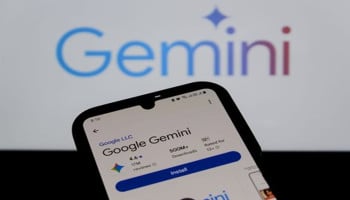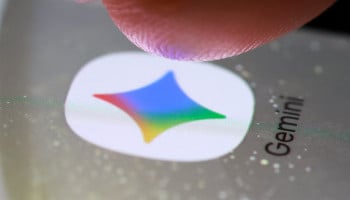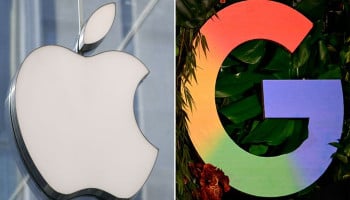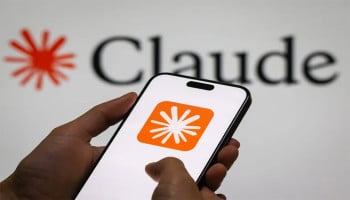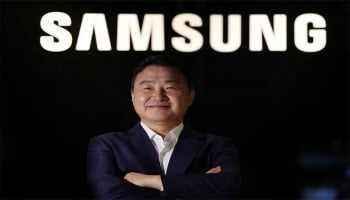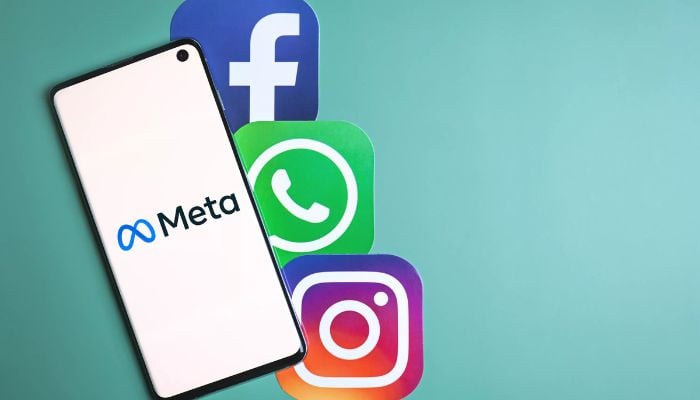
Meta is developing a new feature that will enable AI chatbots to contact users without prompting, which has generated both interest and concern.
The company is working with data labelling company Alignerr to train these chatbots, which can be tailored to suit various interests and personalities, according to documents that were leaked.
Reportedly, the chatbots will be able to remember user data and send follow-up messages. They can be developed using Meta's AI Studio platform.
Meta has promised that the chatbots will only follow up after a user starts a conversation and after the user has messaged the bot at least five times in that period.
A representative for Meta stated, "This enables you to carry on investigating subjects of interest and have deeper discussions with the AIs throughout our applications."
The technology is comparable to startups, like Character.AI and Replika, which enable their chatbots to act as AI companions by asking questions and starting conversations.
But involvement also carries risk. A lawsuit has been filed against Character.AI due to claims that one of its bots contributed to the death of a 14-year-old boy.
According to TechCrunch, Meta referred to a list of disclaimers. "Expert advice cannot be replaced by custom AI chats. For professional advice in any area—medical, psychological, financial, legal, etc.—you shouldn't depend on AI chats."
Although the company has been questioned about age restrictions for interacting with its chatbots, it doesn't seem that Meta AI has any age restrictions.
The goal of Meta's AI chatbot development is in line with Mark Zuckerberg's initiative to address the "loneliness epidemic."
Nonetheless, some are concerned that the chatbots will be used to keep users interested and display more advertisements, as the company's business model is based on advertising revenue.
Meta projected that its generative AI products would generate substantial revenue in the upcoming years, with estimates ranging from $2 billion to $3 billion in 2025 and up to $1.4 trillion by 2035, according to court documents that were made public in April.
According to the documents, "the company said its AI assistant may eventually show ads and offer a subscription option."





